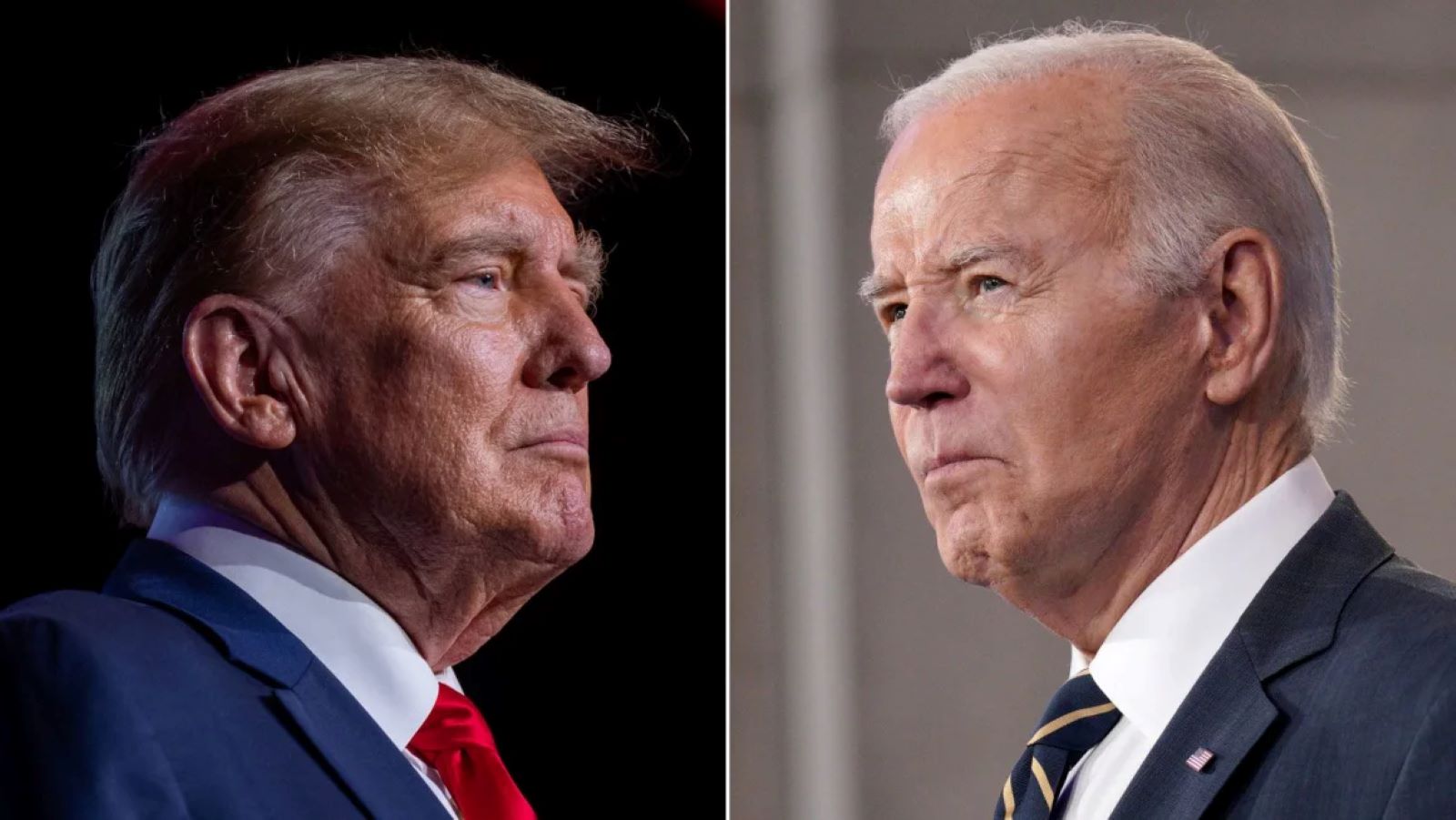Only scrutiny of elections in Peru legitimizes the winner and preserves democracy
:quality(85)//cloudfront-us-east-1.images.arcpublishing.com/infobae/FM6BZVDTJFHRXFAOQDGYQLYGB4.jpg)
The second round of Peru’s presidential election set in, with narrow and confusing disagreements between candidates Jorge Castillo and Keiko Fujimori, interference by foreign governments, evidence of electoral irregularities and fraud, and indications of the authorities’ lack of integrity. The country is in a serious crisis. Elections must be “free, fair and clean” and when these characteristics are called into question, only “an audit of the official count of the election, checking the records, statistics, process and chain of custody,” will legitimize the winner and save. democracy. Peru should request an urgent electoral audit from the Organization of American States (OAS).
Elections in Peru, as in all countries of the Americas, are governed by a clause that integrates the legal system of each state, the Inter-American Democratic Charter. For this reason, the basic rule in democracy is that elections should be “periodic, free and fair, based on universal and secret suffrage as an expression of the sovereignty of the people.”
Elections are an essential component of democracy, but only elections, or elections themselves, are not democratic. “Periodic, free and fair” elections must be accompanied by and complementary with “respect for human rights and fundamental freedoms, access to and exercise of power, taking into account the rule of law, the pluralistic system of political parties and organizations, and the separation and independence of public authorities.”
Elections without democracy are dictatorships and have become the way of twenty-first century socialism or Castro Chavez to falsify the will of the people by manipulating the results and thus retaining power indefinitely, which has led to the emergence of electoral dictatorships in Cuba, Venezuela, Bolivia and Nicaragua.”
In electoral dictatorships, “people vote but do not choose” because their will is manipulated by the system. In a democracy, a “clean election” must have at least two features: 1.- “The integrity of the voter’s preferences” which means that “the voter can vote without any external pressure or fear of reprisal.” 2.- “Accurate record of voter preferences” which is “the examination, counting and/or tabulation or addition of all votes in an impartial and accurate manner,” as set forth in the “Concept of Democratic Elections” in the OAS Electoral Task Manual.
In the case of Peru, the National Elections Arbitration Commission (JNE) decided on June 16 that “it will announce the final results of the second round of the presidential election on June 6 only when all noticeable minutes and requests for annulment… have been submitted after the process.” A final vote count gives Castillo the winner with 0.125%, but Fujimori requested that hundreds of voting records be scrapped due to “electoral fraud at the table.”
The OAS Monitoring Mission in Peru submitted a “Preliminary Report” in which it “pledges that all political actors will be given the guarantees necessary for a democratic process, that they will pay the appeals in accordance with the law, and that once at this stage in conclusion, the popular will is recognized and respected” and “the Highlight the concurrence of both candidates in not declaring themselves winners until all challenges have been resolved, in respecting the safeguards of Peru’s electoral process and institutional framework, and in recognizing the election result once the judicial phase of the election is burden-free.”
Conflict, distrust and uncertainty are growing and it appears that JNE no longer has the legitimacy to settle the matter with the transparency and trust that the people of Peru need and the circumstances that require it. The JNE’s view of resolving the current conflict would have no legitimacy and with dubious legitimacy it would only be the seed of confrontation.
The solution to legitimizing the winner and preserving democracy is in the hands of the Peruvian government is to request an OAS “Electoral Integrity Analysis” audit of the official tally of the June 6, 2021 elections that includes “meeting the process details of the processes involved in the vote-counting process, the transmission of preliminary results, and the counting of official, and a series of electoral materials filing, in order to verify the integrity and reliability of election results.”
Candidates Pedro Castillo and Keiko Fujimori should request and be most interested in the audit as a sign of good faith, transparency and a guarantee of its legitimacy.
* The author is a lawyer and political scientist. Director of the Inter-American Institute for Democracy

“Bacon advocate. Certified creator. Twitteraholic. Tv junkie. Beer fanatic. Internet nerd. Passionate thinker. Reader.”




:quality(85)/cloudfront-us-east-1.images.arcpublishing.com/infobae/OF4NJDPGLBEYJAZ5XZMH3OIPJ4.jpg)



